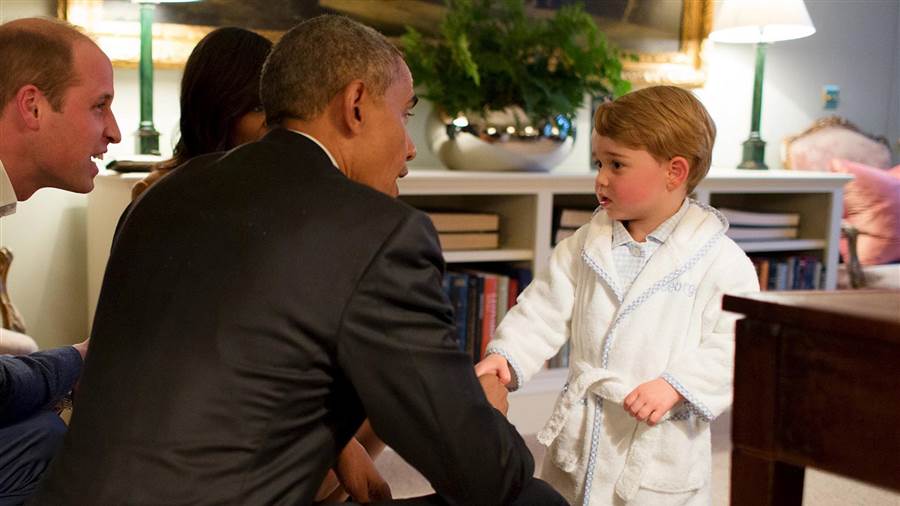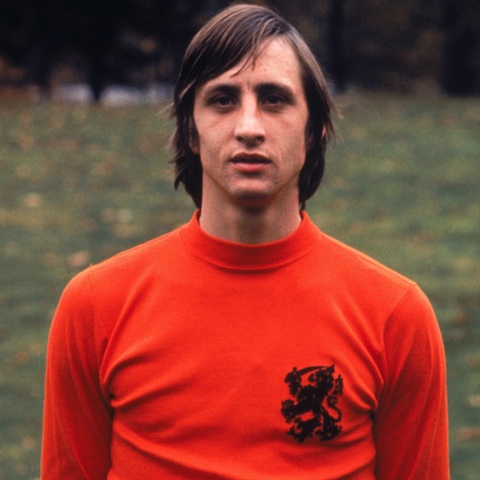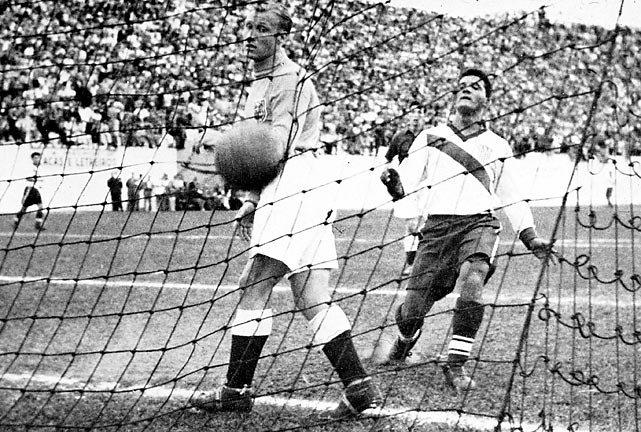The narrative says the DNC robbed Bernie Sanders of the nomination, intervening on behalf of its favored candidate, Hillary Clinton, and that’s why the party dropped the election to the unthinkable Trump.
No email hacks were required to realize the Democrats favored Clinton, a Democrat, over Sanders, who conveniently switched to the party merely for the Presidential race. (He reverted back to Socialist as soon as the race was over.) But that’s not what cost the Vermont senator the nod.
He simply was too unknown at the outset of the campaign. By the time voters began to know who he was and what he stood for, Sanders did resoundingly well. It was just a bit too late, though, because the Democratic state contests, in contrast to many of the Republican ones, are proportional. There was just no making up the necessary ground once Sanders’ roll began.
The shocking rebound of Britain’s Labour Party this week has led Twitter queues to be filled with confident pronouncements that Sanders, the most-left of all the candidates, would have topped Trump. Maybe. Will he, a cranky man in cranky age, run for the office again in 2020 when he’ll be 79? He’s not saying and there’s really no way for any of us to say what will remain of the country at that point.
He certainly is right in stating that our politics have become contests of personality to such a degree that policy is clearly a secondary concern. Voting for the person you most want to have a beer with is a far less sane way to decide on a candidate than by looking soberly at where they stand on healthcare, education, etc.
From a new Simon Kuper profile of Sanders, whom he spoke to during the politician’s recent Dublin trek:
When I mention that many Europeans see Trump’s US as a rogue state, Sanders gets so excited that he spills his tea. Mopping distractedly, he cautions: “What I would say to our European friends is not to confuse Donald Trump with the people of the United States.” And here Sanders gets to the essence of his self-understanding: that he himself, far from being a radical leftist, speaks for the American silent majority. He believes his socialism is mainstream.
“Here’s what I think is going on. If you were to tell Americans that if you are 70 and the doctor diagnoses you with cancer, that there should not be a healthcare programme to protect you, 90 per cent of people say, ‘You’re out of your mind, you want to get rid of Medicare? What are you talking about? You want to get rid of federal aid to education? That’s nonsense.’ ” He thinks Republicans can win elections only through massive spending on campaigns that highlight personality rather than issues.
His own campaign was different: “We started off with no political organisation. None. I don’t believe I knew one person in the state of Iowa.” When I remark that the notion of a self-described socialist winning the White House initially seemed insane, he cuts me off: “It was not insane.”
Was there a moment when he thought he might actually win? “Well, you go and you speak to 25,000, 30,000 people and you think it’s real. One of the beautiful things is we would literally read in the newspapers about rallies and events and activities taking place in the state that we had zero to do with. I wish I could tell you it was a brilliant campaign organising all this. It wasn’t. It was a lot of spontaneous activities, which was, in retrospect, quite extraordinary. …
“Many Americans simply do not know that the social welfare system in America is so much weaker than in Europe. It has to do a lot with corporate media, has a lot to do with a two-party system which doesn’t really ask hard questions. Do you know how much it costs to go to university here, where we sit right now? It’s free. Do you think people in the US know that? People will be going, ‘Oh, Bernie, you’re radical.’ No. Much of what I propose is already in existence in many countries.”
So Europe helped shape his beliefs? “Yes. Europe and my belief that every person is entitled to basic human rights.”•







